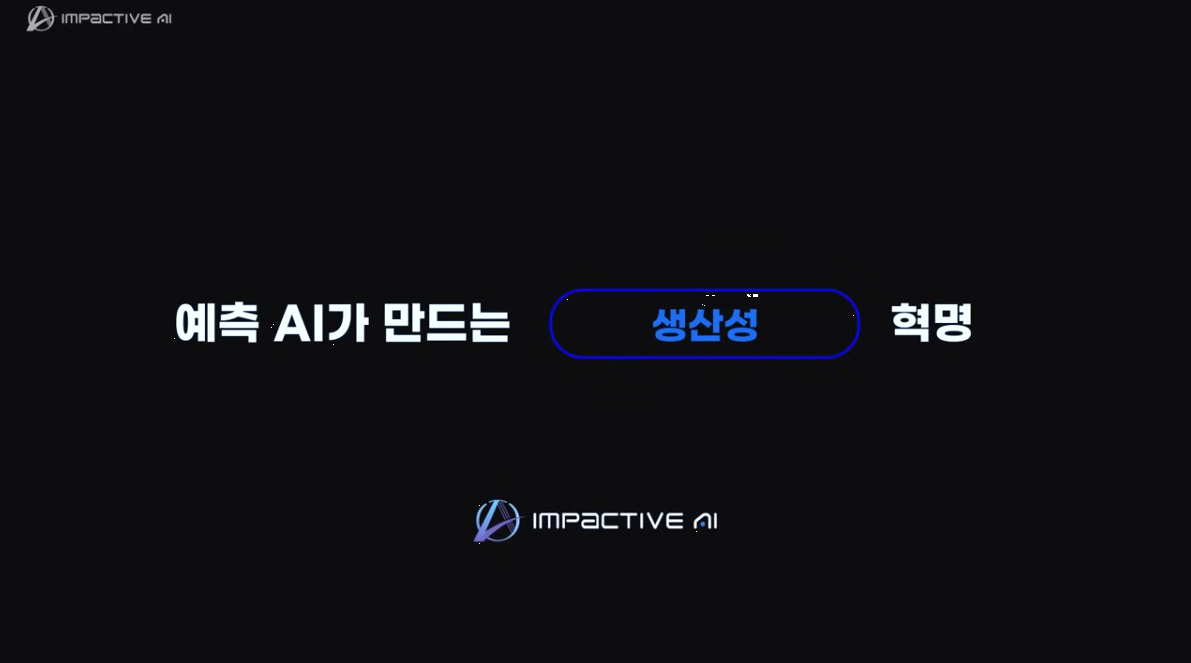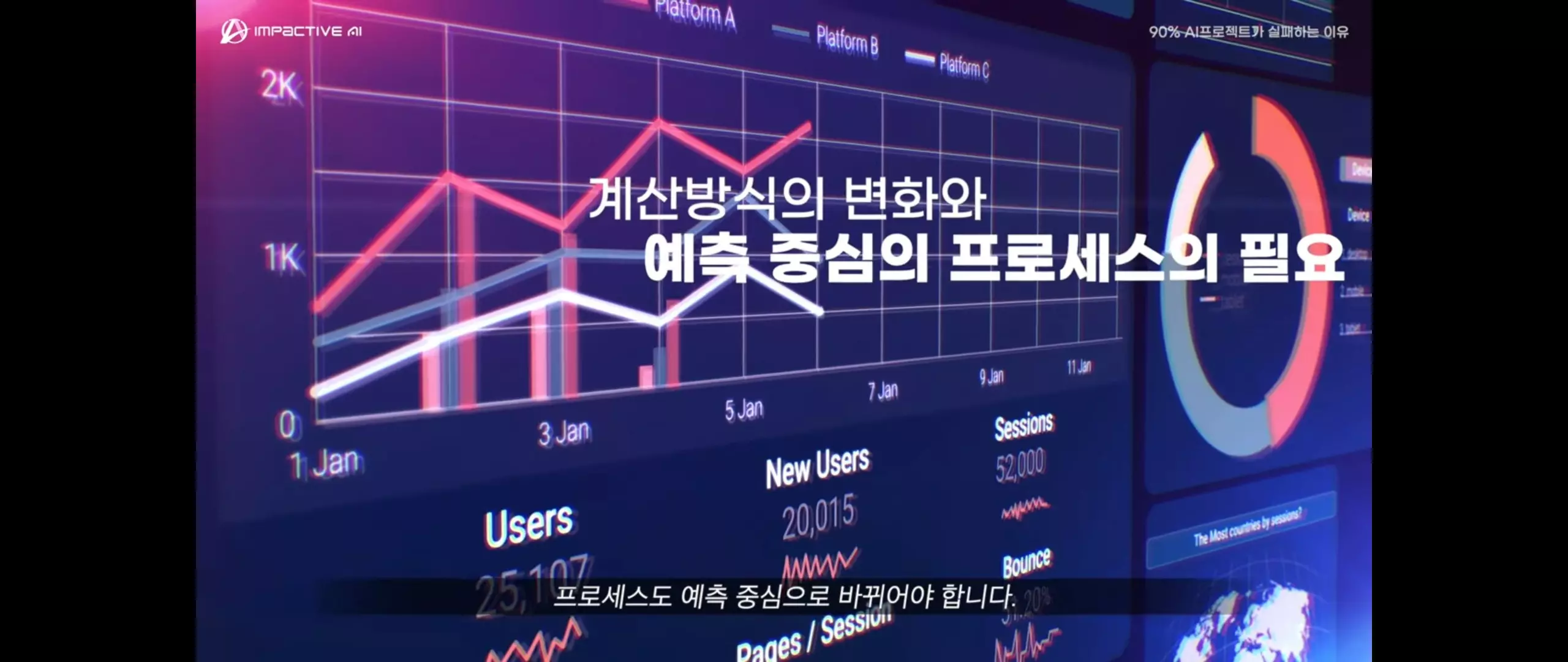Comparative Analysis of 7 Domestic and International Inventory Management Programs

Currently, many companies are considering adopting various inventory management programs, but often fail to achieve the expected results after actual implementation. This may be the result of solution selection made without sufficient analysis and review.
Particularly in situations where demand forecasting difficulties are intensifying, many companies are struggling between financial burden from excess inventory and opportunity losses from inventory shortages.
Of course, selecting a solution suitable for your company from the numerous inventory management programs released in the market is not an easy task. Wrong choices can lead to massive cost losses.
Therefore, this is the time when strategic choices are needed that view inventory management solutions from the perspective of overall supply chain optimization and consider both the company's current situation and future growth potential.
Comparative Analysis of 7 Domestic and International Inventory Management Programs
Next-Generation AI-Based Inventory Management Solution: Deepflow

ImpactiveAI's Deepflow is a next-generation solution that revolutionarily improves corporate inventory management using advanced artificial intelligence technology.
This program automatically collects and analyzes various external variables to provide over 99% high demand forecasting accuracy, dramatically improving corporate operational efficiency.
The deep learning-based demand forecasting engine is particularly outstanding, going beyond the limitations of existing time series analysis to analyze hundreds of variables in real-time, including weather, market trends, and competitor promotions. Through this, it can accurately predict even sudden demand changes to achieve inventory optimization.
During the construction process, customized settings according to company characteristics are possible. Perfect integration with existing ERP systems as well as customization reflecting industry-specific characteristics and company business rules can implement optimized solutions for each company.
Real-time decision support functionality is also a major advantage. Through dashboards, inventory status, demand forecasting, and order proposals can be grasped at a glance, and proactive responses are possible through immediate notifications when anomalies occur.
Most notably, the high performance of adopting companies stands out. On average, they show excellent results including 30% reduction in inventory costs, 50% decrease in stockout rates, and 40% improvement in operational efficiency. Through continuous AI model sophistication, more precise predictions and analysis are expected to become possible.
Small and Medium Enterprise Customized Solution: Fishbowl Inventory

Fishbowl Inventory is a solution developed by accurately understanding the inventory management needs of small and medium enterprises. This program has the strength of organically connecting financial management and inventory management by supporting perfect integration with QuickBooks.
It particularly provides specialized functions for manufacturing and distribution industries, with very sophisticated implementation of multi-warehouse management and lot tracking systems. Integration with barcode scanning systems is also smooth, enabling real-time inventory tracking, and inventory shortages can be prevented in advance through automatic ordering systems.
During the construction process, you can choose between on-premises and cloud methods, allowing flexible decisions according to company circumstances. The initial construction period takes an average of 2-3 weeks, and basic training support is included in the package, making field application easy.
In terms of operating costs, it adopts an annual license method, with costs determined according to the number of users. Technical support is provided in real-time through email and phone, and new functions are continuously added through regular system updates.
However, advanced analysis functions for large enterprises or AI-based demand forecasting functions are relatively lacking, so companies facing rapid growth should consider this point.
Cloud-Based Integrated Management Platform: Zoho Inventory
Zoho Inventory is a cloud-based inventory management program optimized for online businesses. This solution has the advantage of enabling integrated operations from inventory management to customer management and accounting processing through smooth integration with other Zoho business apps.
Multi-channel sales management functionality is particularly outstanding, supporting real-time integration with major e-commerce platforms such as Amazon, eBay, and Etsy. Through inventory allocation by sales channel and automatic synchronization functions, inventory shortages or excess orders can be effectively prevented.
The very simple construction process is also a major advantage. It can be used immediately with just a web browser without separate installation processes, and even beginners can easily adapt through intuitive user interfaces.
Monthly subscription pricing is also a feature, requiring low initial investment costs. Pricing plans can be selected according to the number of users and transaction volume, and flexible expansion is possible according to business growth.
However, there may be some limitations for companies operating offline stores or large-scale logistics warehouses, as barcode scanning or advanced warehouse management functions are relatively insufficient.
Omnichannel Commerce Platform: Cin7

Cin7 is an integrated inventory management platform for rapidly growing mid-sized companies, providing powerful functions covering online and offline channels. In particular, POS systems and inventory management systems are perfectly integrated, enabling real-time synchronization of store and online channel inventory.
The biggest characteristic of this solution lies in its flexibility to support both B2B and B2C business models. It basically provides advanced functions necessary for B2B such as wholesale price management, customer-specific custom pricing, and bulk order processing, while also smoothly supporting integration with e-commerce platforms for general consumers.
An advantage during the construction process is receiving support from professional consultants. They analyze corporate business processes to propose optimized settings and systematically support employee training and system migration.
Operating costs are somewhat high, but they provide correspondingly high-level technical support. They operate 24-hour customer support services and continuously provide new functions and security patches through regular system updates.
On the other hand, for small companies, it may involve somewhat excessive functions and cost burden, and the initial adaptation period may be somewhat longer due to system complexity.
Manufacturing-Specialized Solution: Katana

Katana is a cloud-based inventory management program specially designed for small and medium manufacturing companies. This solution significantly improves manufacturing efficiency by implementing real-time inventory tracking and production planning needed at production sites in a very intuitive manner.
The product recipe management function is particularly outstanding, automatically calculating the required amounts of all raw materials and parts that go into one finished product and checking inventory status in real-time. When production orders are received, necessary materials can be immediately identified and ordering processes for shortages can be automatically started.
The construction process is very simple. Being designed as cloud-based, no separate server construction is needed, and field employees can easily adapt thanks to intuitive interfaces. Excel data previously used can also be easily migrated, which is an advantage.
In terms of costs, it adopts a monthly subscription model, allowing pricing plan selection according to the number of users and function scope. It particularly has a reasonable pricing system that even startups or small manufacturing companies can start without burden.
Considerations include that advanced automation functions for large-scale manufacturing facilities or complex production planning functions are somewhat lacking, so functional limitations may be experienced as company scale grows.
AI-Based Integrated Inventory Management Solution: SEE™
SEE™ Smart Inventory Management is a SaaS-type inventory management solution specialized in demand forecasting using artificial intelligence technology. This program automatically analyzes complex external variables to provide accurate demand forecasting, simultaneously solving both inventory excess and shortage phenomena.
The dynamic inventory level management function using machine learning algorithms is particularly outstanding, automatically learning various variables such as seasonality, trends, and promotional effects to propose optimal inventory levels in real-time.
Additionally, it can flexibly respond to sudden demand changes by automatically adjusting safety stock levels according to market conditions.
During the construction process, easy integration with existing ERP or POS systems is possible. By adopting API-based open architecture, it can be smoothly integrated with various corporate systems and supports accurate decision-making through real-time data synchronization.
In terms of operating costs, it provides flexible pricing plans according to company scale and data processing volume. It particularly has a flexible structure that can start small initially and gradually expand, naturally expanding service scope according to company growth.
However, to properly utilize AI-based sophisticated functions, data above a certain level must be accumulated. Also, since data quality directly affects demand forecasting accuracy, careful attention is needed for initial data setup and management.
Fulfillment-Based Startup: BoxHero

BoxHero is an all-in-one fulfillment solution for e-commerce companies, providing integrated support for inventory management, order processing, and logistics operations. In particular, through real-time integration with various online sales channels, the entire process from orders to delivery can be automated to maximize operational efficiency.
The biggest characteristic of this solution lies in its multi-channel integrated management function. All sales channel inventory including major domestic e-commerce platforms such as Naver Smart Store, Coupang, and 11st, as well as proprietary malls, can be managed in real-time from a single dashboard.
The construction process is very simple, being designed as cloud-based, it can be used immediately without separate installation processes. Particularly, API settings for sales channel integration are automated, so even users without technical expertise can easily build systems.
Operating costs are based on a monthly subscription model, with costs determined according to the number of stored products and shipment volume. It particularly has a reasonable pricing system that even startups or small online sellers can start without burden, resulting in low entry barriers.
On the other hand, there may be functional limitations for companies operating large-scale offline stores together or manufacturing companies. POS system integration or production management functions are lacking, and advanced functions for complex B2B transactions are also limited.
Situation-Specific Inventory Management Program Implementation Strategy A to Z
Selection Criteria for Inventory Management Programs That Growing Small and Medium Enterprises Should Consider

The most important thing when small and medium enterprises introduce inventory management programs is whether quick effects can be obtained compared to initial investment costs. This is especially true for companies in growth stages.
Cloud-based SaaS-type inventory management programs have the advantage of relatively low initial construction costs and short implementation periods. Additionally, costs can be adjusted according to usage, allowing flexible responses according to company growth speed.
However, when selecting SaaS-type programs, data security issues must be considered. Particularly considering that customer information and cost-related data are stored in the cloud, security certification status and data management policies of service providers must be thoroughly checked.
Additionally, the possibility of future integration with other systems such as ERP or MES should also be important considerations. Many small and medium enterprises feel the need for enterprise resource management during growth processes, so if system scalability is not considered in advance, large costs may occur later.
Particularly if future growth is in mind, basic input/output management and inventory status identification as well as simple demand forecasting functions should be included.
Optimized Inventory Management Program Selection Methods for Companies with Large Distribution Networks
For companies operating multiple branches or logistics centers, inventory management complexity greatly increases. Such companies must select programs that can optimize entire supply chains beyond simple inventory management.
Additionally, for companies dealing with seasonal products or trend-sensitive items, demand forecasting functions using external data are essential. Functions that forecast demand considering various variables such as weather, events, and market trends, and propose appropriate inventory levels accordingly should be included.
Above all, programs with verified data processing speed and system stability should be selected. Since numerous transaction data must be processed and analyzed in real-time, server downtime or processing delays can lead to serious problems.
Core Elements of Smart Inventory Management Programs That Manufacturing Companies Should Pay Attention To

Manufacturing inventory management has the specificity of simultaneously managing various items such as raw materials, auxiliary materials, and finished products. Therefore, it's important for manufacturers to select inventory management programs that are closely integrated with production plans.
Particularly, programs including MRP (Material Requirements Planning) functions should be selected. Functions that automatically calculate the types and quantities of materials needed according to production plans and propose appropriate ordering timing are essential for manufacturers.
For manufacturing companies, defect rates and yields are also important considerations. It's good to select programs that include functions to calculate actual required quantities reflecting these variables and propose appropriate safety stock.
Selection Criteria for Inventory Management Programs to Lead Global Markets
The inventory management programs examined so far have each built unique positions in the market based on their characteristics and advantages.
Fishbowl Inventory provides stable systems specialized for small and medium enterprises, Zoho Inventory offers ease of use, Cin7 provides omnichannel integrated management functions, Katana offers solutions optimized for manufacturing processes, and BoxHero provides services specialized in e-commerce fulfillment.
However, recent market trends are rapidly evolving beyond simple inventory management to AI-based demand forecasting and automated decision support. In this aspect, Deepflow can be said to be the most advanced form of solution.
Particularly, Deepflow's AI engine provides over 99% demand forecasting accuracy, significantly surpassing the average prediction accuracy of 70-80% of existing solutions. Additionally, it differentiates itself by automatically analyzing hundreds of external variables to accurately predict even sudden market changes.
The biggest challenge companies currently face is accurately forecasting demand and maintaining optimal inventory levels in uncertain market environments. From this perspective, selecting solutions that can intelligently support corporate decision-making beyond simple inventory management tools is becoming increasingly important.
Deepflow presents the most advanced answer to these market demands and is further widening the gap through continuous AI model sophistication.
Particularly, with data analysis capabilities and technical support systems specialized for the Korean market, it will be the optimal partner to most effectively support domestic companies' digital transformation.


.svg)
%202.svg)
.svg)


.svg)
















.svg)